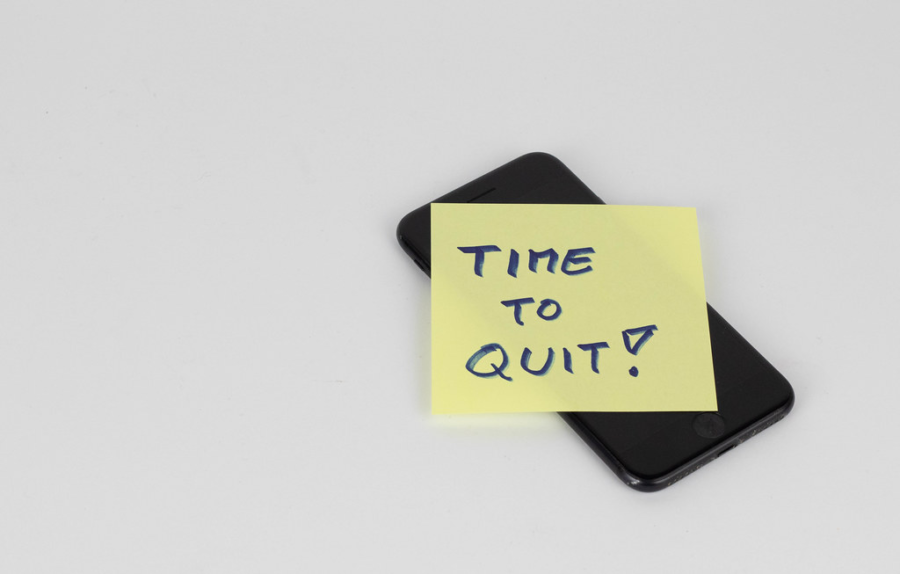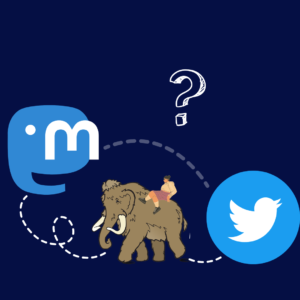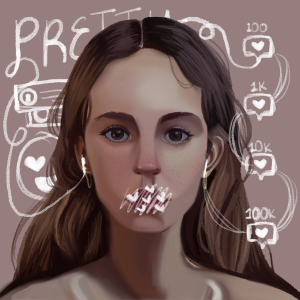Why social media is harmful
Social media addiction can drive people away from their hobbies and into a monotonous waste of time.
May 8, 2023
Social Media is a waste of time. It entices users by offering to connect them with friends, being a fun place to check out funny videos and downplaying the millions of dollars they spend to make the website as addictive as possible.
The companies that own Facebook, Twitter, Youtube, TikTok, and Instagram have made algorithms to show you exactly what you want to see. By keeping you on their website for longer, you see more advertisements which increases their revenue. Social media sucks away your time, feeds misinformation and can impair your mental health.
Social media has been proven to make you more depressed. A study released by the National Library of Medicine (NLM) found that girls who spent more than five hours a day on social media are more than three times more likely to be depressed than girls who don’t use social media at all. While scrolling social media, you find images of beautiful people traveling, partying, or having the time of their life. When looking at these photos it is easy to feel inadequate, ugly or lazy for not being like the people you see online. Despite how unfair it is to compare yourself to these highly curated and often filtered representations of people’s lives. It’s important to remind yourself that social media is not an accurate reflection of reality and that people often only show their best moments online.
On top of this, social media is addictive and designed to suck you in for as long as possible. It keeps you away from learning new skills, reading, working, hanging out with friends, meeting people in person, touching grass and more. People spend way too much time on media as a poll by Common Sense Media found that the average teenager spends eight hours a day on screens for entertainment. That’s more time than the average teen spends sleeping which averages out at around seven hours, according to the Victorian Health Promotion Foundation.
By using social media, you’ll inevitably run into some form of educational content or news. According to a poll by the Pew Research Center, Americans ages 18 to 29 most commonly receive their news through social media, with 42% saying they get news this way versus 28% saying they receive news through websites or search engines respectively. Though here’s the thing, social media is a place where anybody can post anything. Does that sound credible to you? At best you get an oversimplified two minute commentary on an event. At worst you fill your brain with fiction that you pass on as fact to your family and friends, which on a large scale has shown to have a real world effect.
In the 2016 elections, people in America were bombarded with fake news. According to a prepared testimony by Facebook, an estimated 126 million Americans, roughly one-third of the nation’s population, received Russian-backed content on Facebook during the 2016 campaign.
The post shown above promotes an invalid way of voting, potentially misleading voters to throw away their vote while they believe they supported their candidate.
Despite all the negatives, social media can, in rare moments, be good for you. It can let people connect over vast distances, allow you to learn about cultures around the world, find communities of people with similar interests and of course give you online tutorials about whatever you need to know. But this type of use isn’t what I hate, what I hate is the compulsive, nonstop urge to scroll which some people seem to have while walking around, eating dinner, or for some, even when you are with friends and family. Just last week my 17 year old brother got told off for scrolling Instagram at the dinner table.
I strongly recommend to anyone who finds themselves feeling lost with no idea what to do without their phone to take a break. Don’t worry about missing out on trends, memes, or the latest viral challenge. If it is really that popular, your friends could tell you about it. Just take a break, focus on your relationships, improve at your hobbies, or set up times to hangout with friends. Put yourself first and give yourself as much time as you need to learn who you are and want to be.






